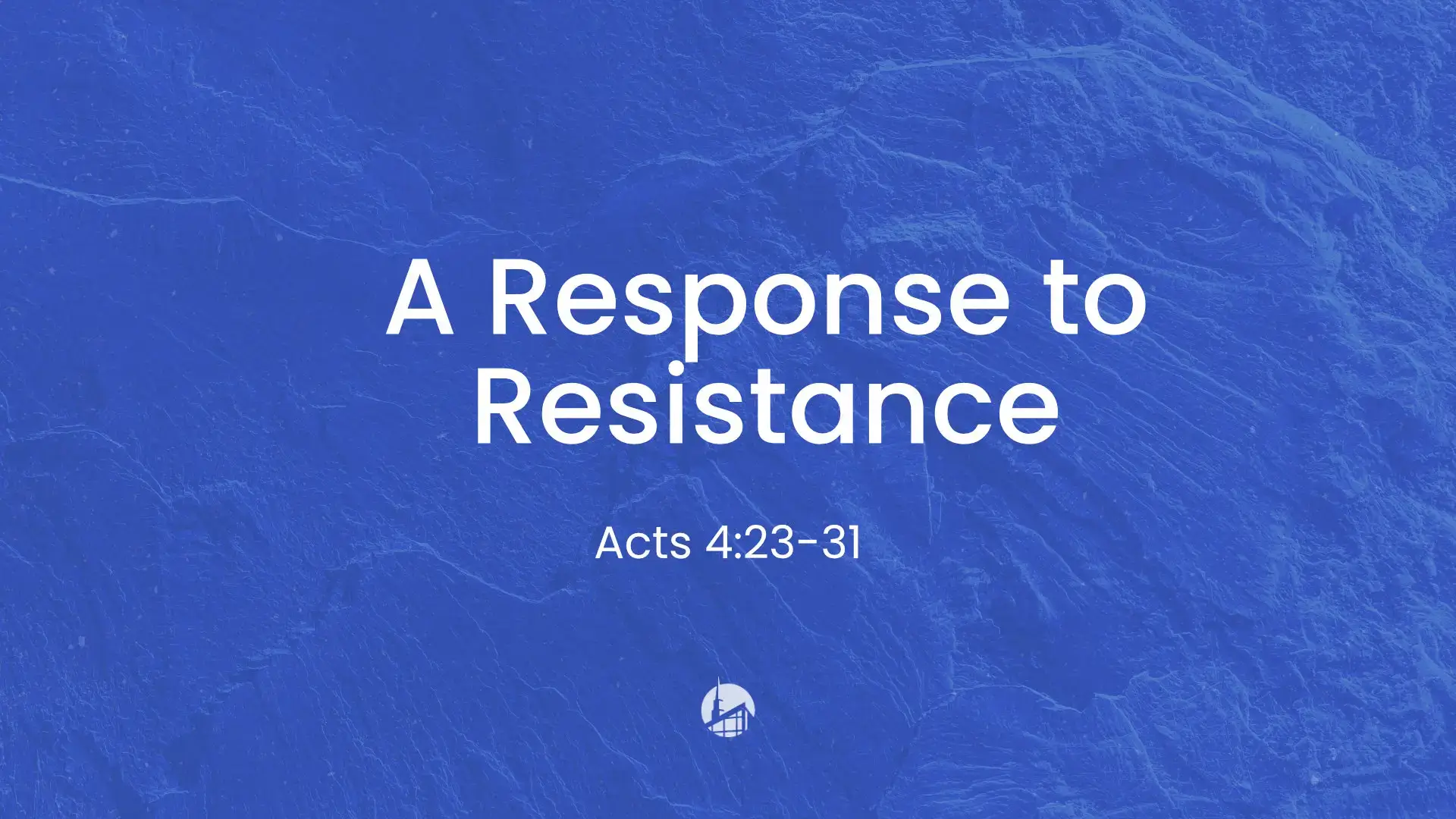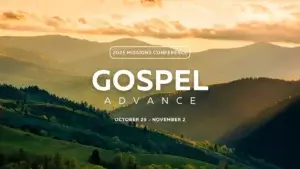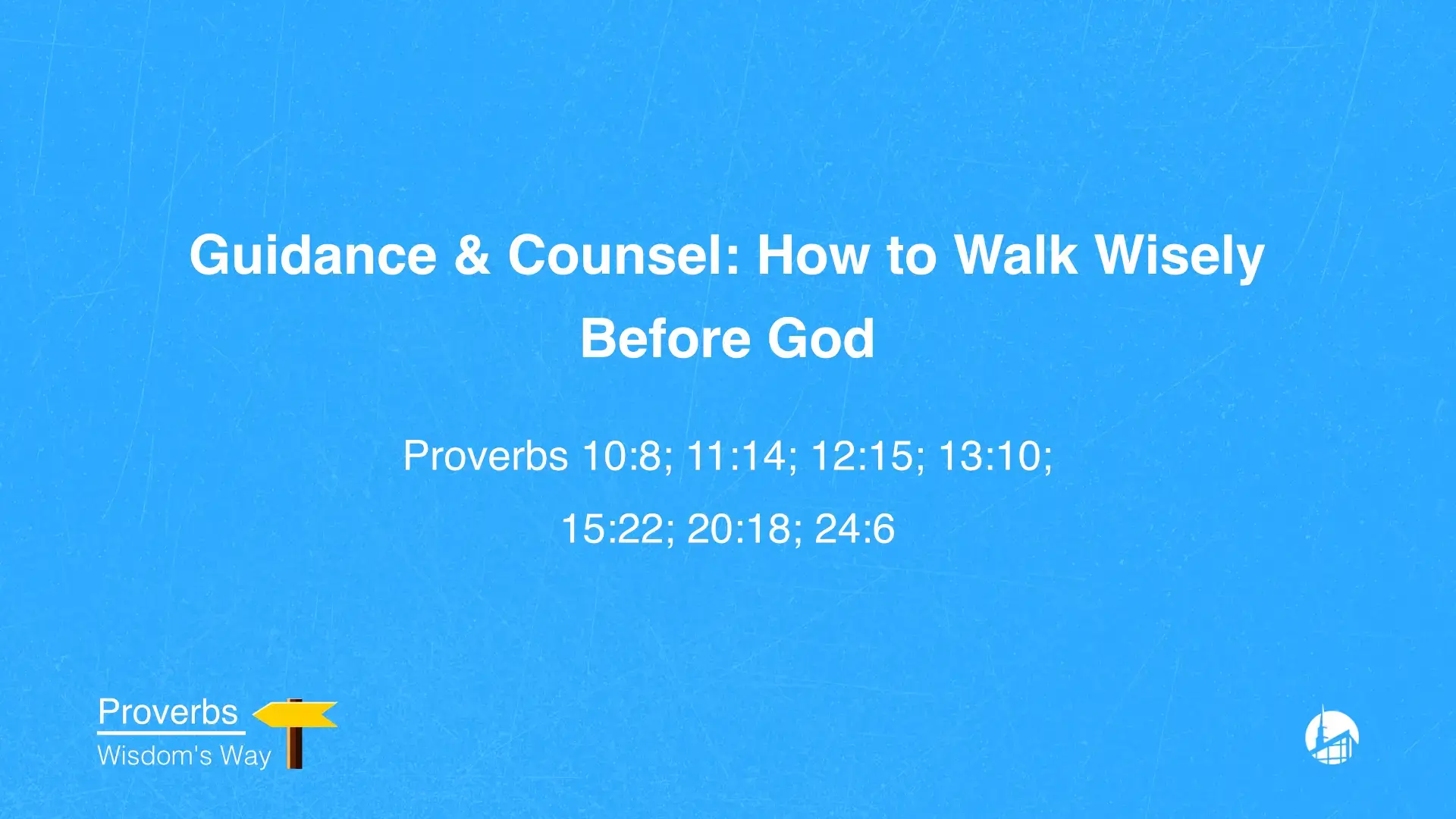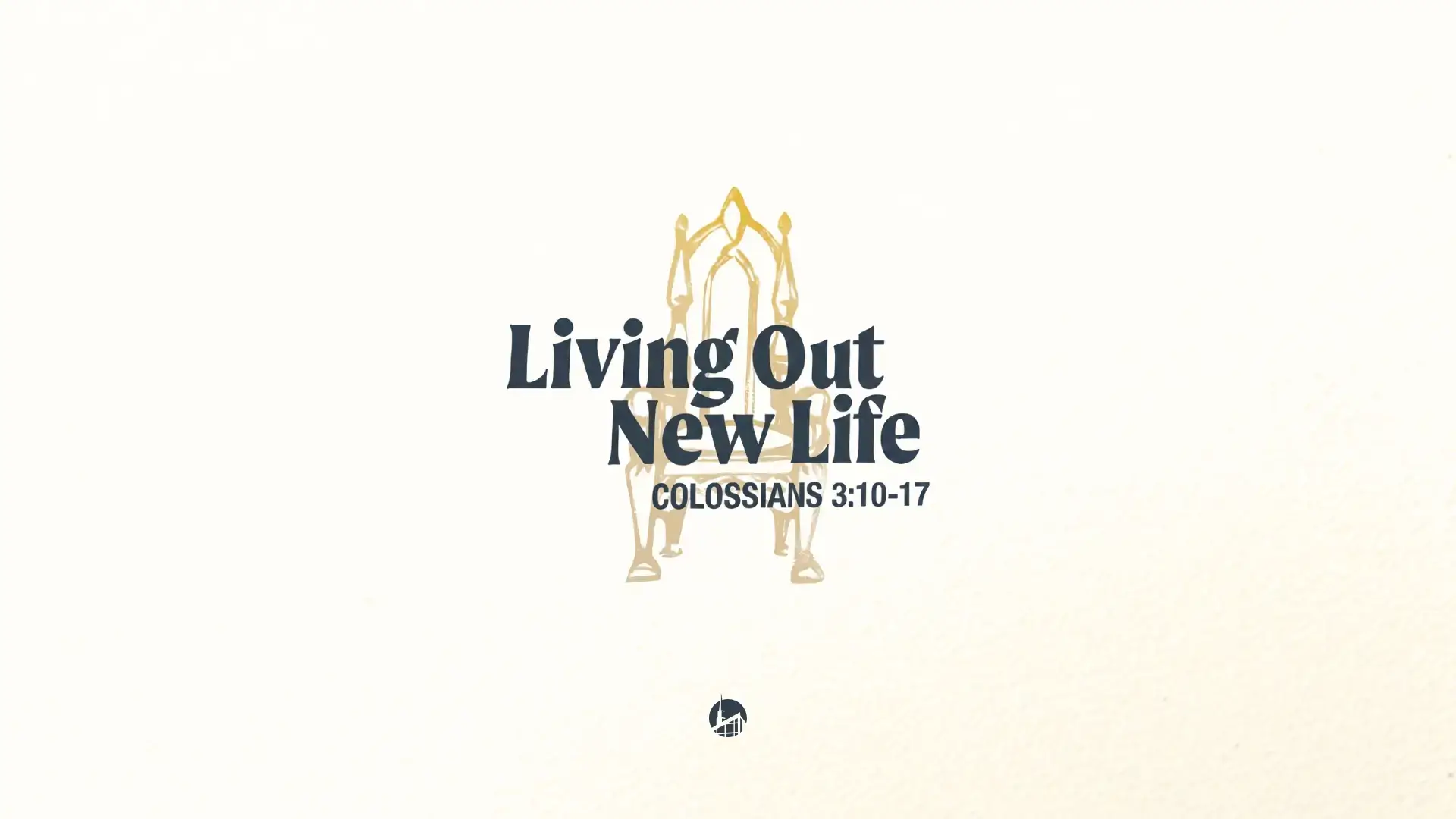In a time when sharing the gospel can meet with opposition, whether subtle or overt, the early church provides a powerful example of how to respond. In Acts 4:23-31, we see the disciples facing resistance from religious and political authorities in Jerusalem. Yet, their response was not one of defeat or retreat but of unified prayer, bold faith, and trust in God’s sovereignty. Pastor Eli McTague’s sermon, “A Response to Resistance,” draws from this passage to encourage believers today, whether they are actively sharing their faith or supporting others through prayer. This message offers timeless lessons for navigating challenges in our mission to spread the good news of Jesus Christ.
The church recognized the sovereignty of God during this time of resistance (vs 24)
The early church faced significant opposition from the religious elite in Jerusalem, including priests, the captain of the temple, and the Sadducees, who were grieved that the disciples preached Jesus and the resurrection (Acts 4:1-2, KJV). These were not ordinary citizens but the “who’s who” of Jerusalem, wielding wealth, power, and authority. Despite being arrested and threatened, the disciples did not respond with fear or frustration. Instead, they gathered with their fellow believers and lifted their voices in prayer, declaring, “Lord, thou art God, which hast made heaven, and earth, and the sea, and all that in them is” (Acts 4:24, KJV). This prayer, offered with one accord, acknowledged God’s absolute sovereignty over all creation. By addressing God as “Lord” (from the Greek despotes, meaning master), they affirmed His supreme authority over every human power, including those opposing them. This recognition was not just a statement of faith but a theological lens through which they viewed their circumstances. Quoting Psalm 2, they connected their situation to the timeless truth that the heathen may rage, but God remains in control (Acts 4:25-26, KJV). For us today, this serves as a reminder that when we face resistance, whether a dismissive response to a gospel tract or mockery at work, we can turn to God, who is greater than any opposition.
The church requested boldness from God during this time of resistance (vs 29)
Faced with threats to stop preaching in Jesus’ name (Acts 4:17-18, KJV), the disciples did not ask for safety or relief from persecution. Instead, they prayed for boldness to continue proclaiming God’s Word. In Acts 4:29, they said, “And now, Lord, behold their threatenings: and grant unto thy servants, that with all boldness they may speak thy word” (KJV). This request reflects a deep trust in God’s power to work through them despite their fears and inadequacies. Pastor McTague highlights the universal struggle believers face when sharing their faith, whether it’s the fear of rejection at a neighbour’s door or being labeled at work. The disciples’ prayer teaches us to seek God-given courage rather than relying on charisma or eloquence. Their request was rooted in humility, recognizing their dependence on the Holy Spirit to empower them. As believers today, we can follow their example by praying for boldness to share the gospel lovingly and confidently, trusting God to work through us in every interaction.
The Church Received an Answer from God During Resistance (vs 31)
God’s response to the church’s prayer was immediate and powerful. Acts 4:31 records, “And when they had prayed, the place was shaken where they were assembled together; and they were all filled with the Holy Ghost, and they spake the word of God with boldness” (KJV). The shaking of the place symbolized God’s presence and approval, and the filling of the Holy Spirit empowered them to fulfill their request for boldness. This divine answer transformed their fear into courage, enabling them to continue their mission despite ongoing resistance. Pastor McTague encourages us to expect God to answer our prayers for boldness, whether through a tangible sign or a quiet strengthening of our resolve. When we pray together as a church, whether for those sharing the gospel on the streets or for those interceding in prayer, we participate in a biblical practice that God honours. The result may be a life changed, a soul saved, or a community impacted for Christ, as seen in the 5,000 men who believed despite the opposition (Acts 4:4, KJV).
Conclusion
The example of the early church in Acts 4:23-31 challenges us to respond to resistance with prayer, trust in God’s sovereignty, and a bold commitment to sharing the gospel. Whether we face verbal opposition, indifference, or subtle pressures, we can take heart that God is greater than any obstacle. As we gather to pray and go out to invite others to church, let us seek the same boldness that empowered the disciples. May we trust that God hears our prayers and will equip us to be salt and light in our communities, reaching those who do not yet know Jesus Christ. Let us move forward with confidence, knowing that our labor is not in vain when rooted in God’s power and purpose.












